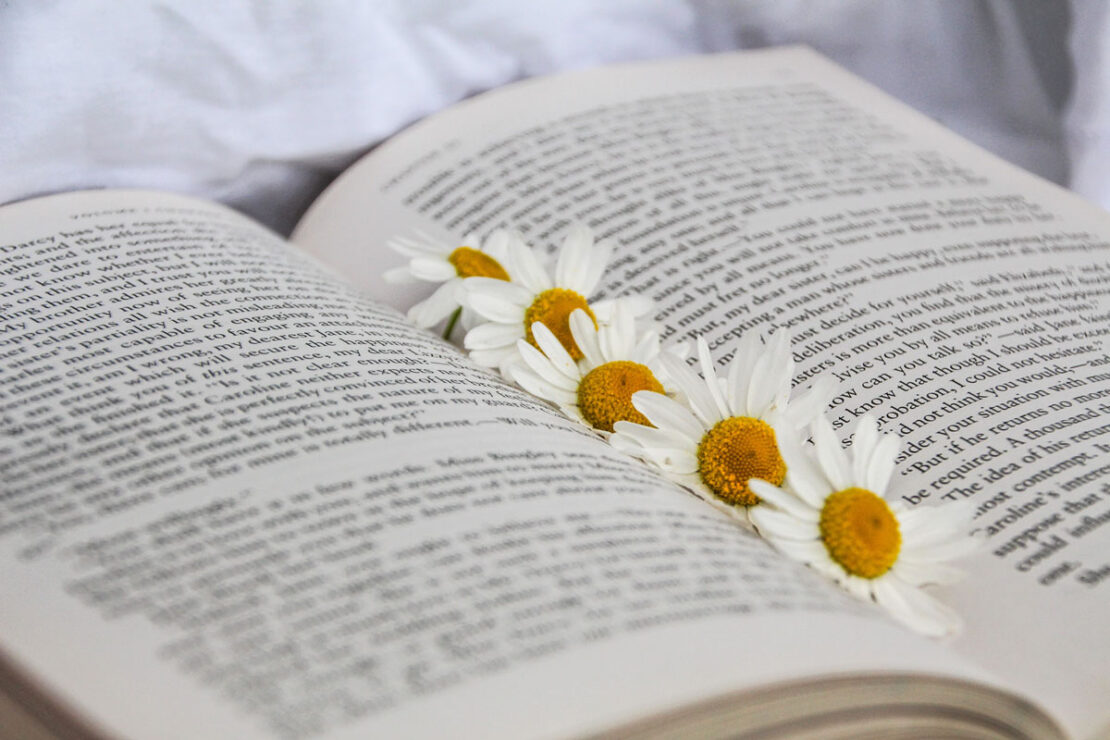
As a Black Herbalist, These are my 3 Favorite Herbalism Books
As a child, I remember going out into nature, pulling weeds, putting them in jars, and making what I called “science projects” to hide in the cupboards of my parents’ house. In my way, I was practicing herbalism, even though I didn’t know it at the time and hadn’t encountered any herbalism books or resources.
I feel that in some way, I have always been an herbalist, and so it was a completely natural step for me to want a more formal education. When I began reading herbal books, reference materials, and blogs, I noticed that they were all from a European perspective.
I would sift through tons of herbalism books and interviews and again would find that African, Indigenous, and Black herbal traditions had been erased.
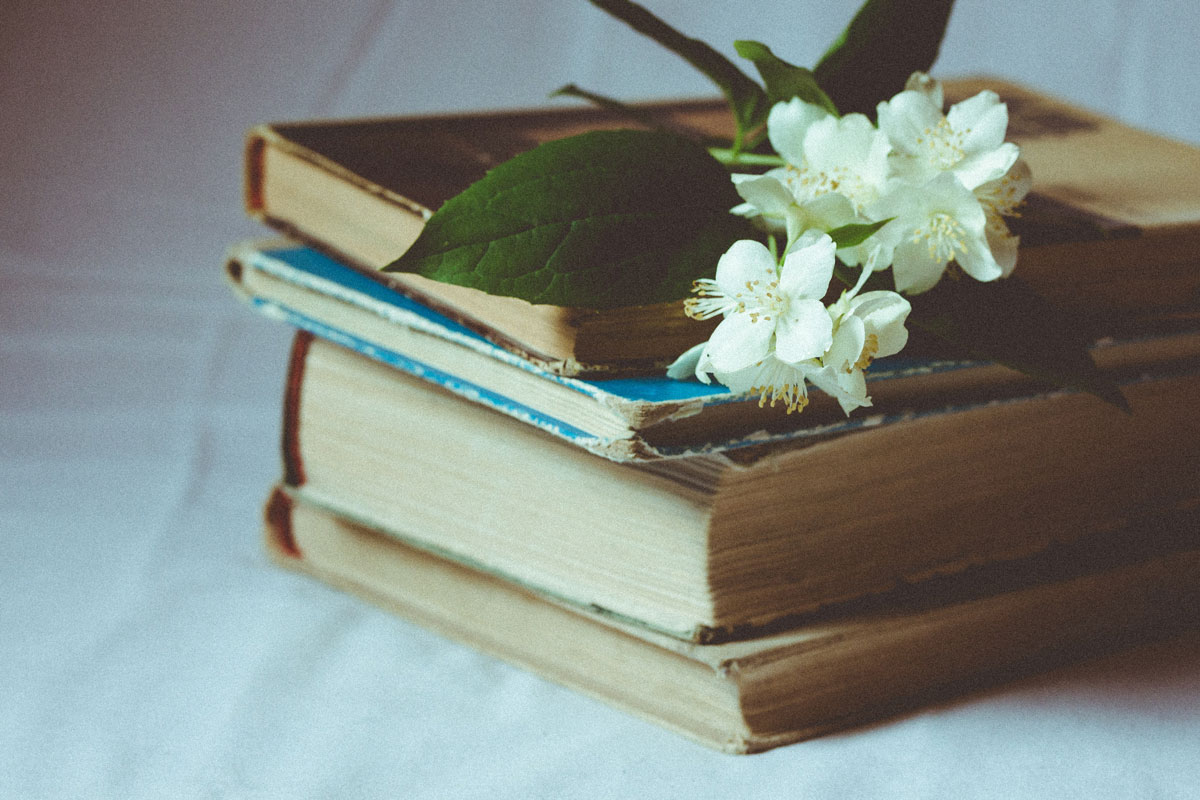
As a Black herbalist, I knew that my ancestors had contributed to the world of herbalism in significant ways and yet, that information was missing from some of the most well-known herbal materials available to us.
If the contributions of Black and Indigenous people to the world of herbalism wasn’t going to be easily available to me, I knew I had to seek it out on my own. Here are three of my favorite books on Black herbalism.
Herbalism Books by Black Authors
African American Folk Healing by Stephanie Y. Mitchem
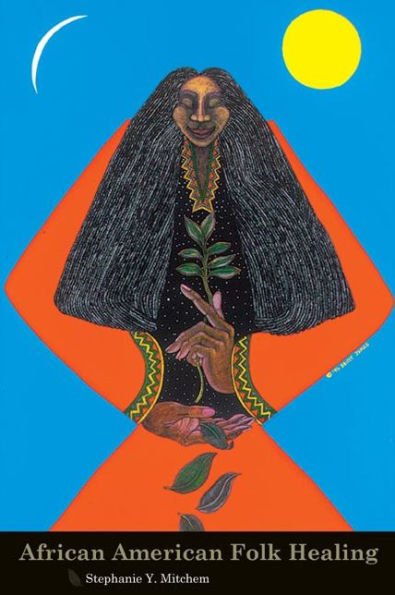
I bought this book recently, and it quickly became one of my new favorites. Stephanie Y. Mitchem’s approach in African American Folk Healing is to talk about the hard truths and facts that make us uncomfortable.
Beginning in Chapter 1, Mitchem (2017) states, “Tracing folk healing in Black communities or throughout history to uncover its meanings is not a simple task. Discerning these meanings also entails tangling with layers of racism and centuries of separatism that created limited, unreal images of Black Americans” (Mitchem, p. 11). This statement gets at the exact struggle that Black herbalists have when we try to dig deeper into traditional healing and the herbal knowledge of our ancestors.
When we begin to research—or even Google— Black herbalism books, we are often met with herbal books and materials that a white person wrote. While that person may be qualified in terms of their education, we also have to take a step back and wonder about the colonial lense they are writing from. “Because of strict segregation laws in effect in the 1930s throughout the south, mostly white researchers collected these (The Federal Writer’s Project) accounts” (Mitchem, 2017, p. 12).
When white writers publish books on Black healing or Black herbalism, it comes from an outsider’s perspective, and we as Black herbalists can have a hard time trusting the information due to the unknown biases or the authorial intent.
“Our tracing of Black folk healing needs to begin with the words of Black Americans” (Mitchem, 2017, p. 13).

Mitchem then goes on to break down the different healing practices that Black people have traditionally used throughout time. Terms like “conjure,” “hoodoo,” “voodoo,” and “rootwork” are thrown around in her book so many times that these practices and these words feel just as normal as Chinese medicine, Ayurveda, and other healing methods used across the world.
What excites me most about Mitchem’s writing is her ability to incorporate the full spectrum of a healing modality. To Mitchem, herbs are not separate from energy work, candle making, or any other spiritual practice. To her point, it seems as if Black people always celebrated the full spectrum of healing. Traditional healers were not just herbalists, they were people in the community who could provide true and meaningful work through herbs, conversations, healing hands, and even spell work.
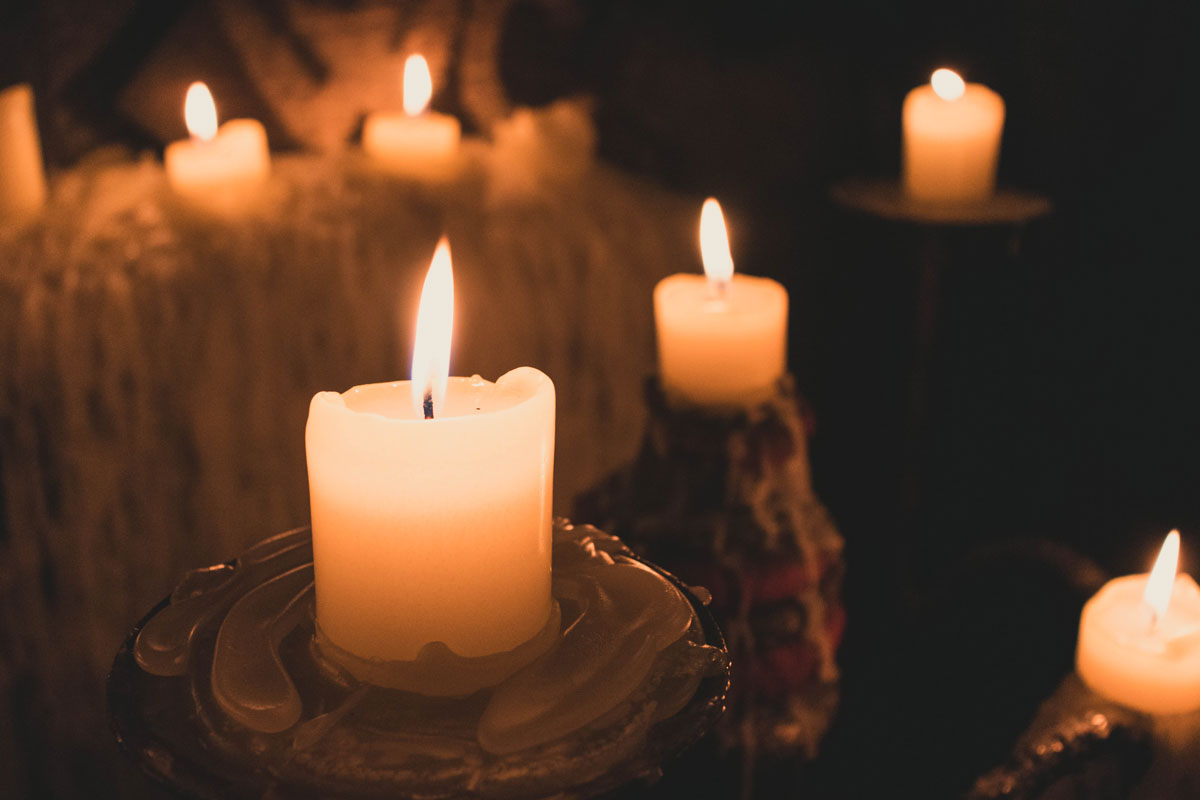
Mitchem is able to break down why it is so difficult for Black herbalists to find reliable information regarding Black Herbalism and Black healing, especially when Black voices have traditionally been silenced. I also love Mitchem’s ability to normalize and bring truth and light to Black peoples’ traditional practices. In my research, there are so many evil connotations attached to words like “voodoo,” “hoodoo,” and “conjure.” However, Mitchem’s book inspires me and gives me the confidence to proudly reclaim these practices in my herbal journey.
Handbook of African Medicinal Plants by Maurice M. Iwu
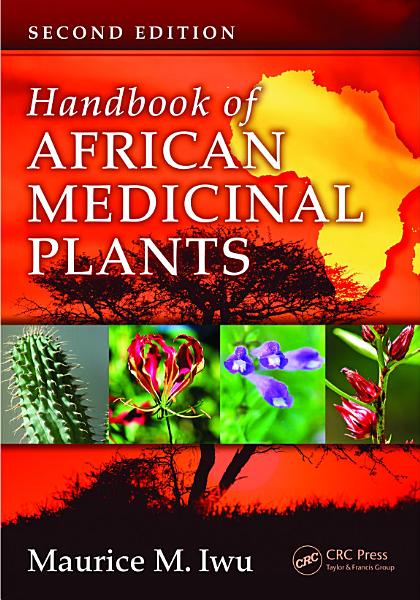
Handbook of African Medicinal Plants is the herbalism book of my dreams! Maurice M. Iwu’s 2014 book was on my wishlist for quite some time, and I cannot tell you the excitement I felt when it finally arrived in my mailbox. When I opened Iwu’s book, I truly felt as if I had taken my learning to the next level. There is something very powerful about Handbook of African Medicinal Plants; maybe it’s the hardcover or the strict science, but every time I open its pages, I know I am in for a treat.
I was on Instagram a month or so ago, and another Black herbalist posted about maypop, which up until that point I only knew as passionflower (Passiflora incarnata). They then went on to educate their followers on the importance of calling an herb by its original name. Yes, we can use the Latin or botanical name, but there is a power in using the words that generations before us have used. Hearing their message opened my eyes and helped me realize how many herbs’ names I might be misusing.
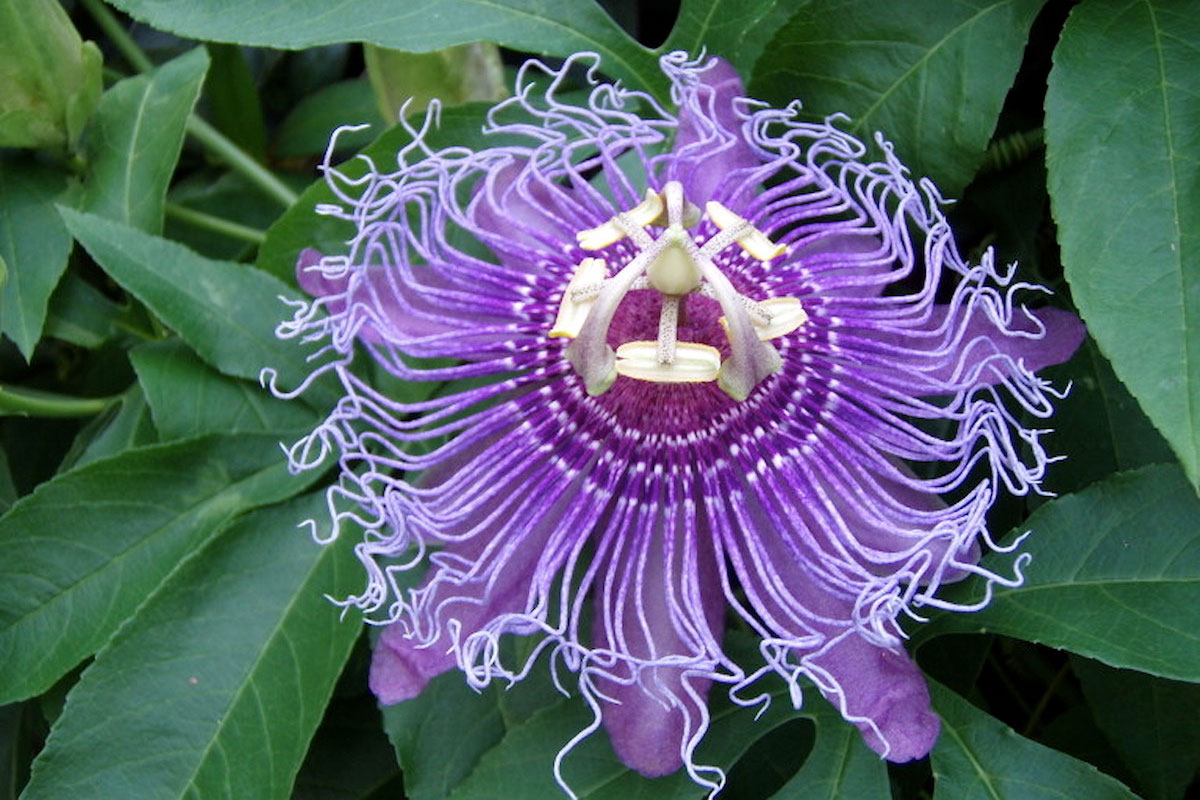
As you dig into Iwu’s book, you will notice that his breakdown of each herb begins with the botanical name, the family name, and then the African name. You will not find our common Western names anywhere in his book.
As a giant nerd myself, I appreciate the scientific approach to this beautiful herbalism book. The author includes pharmacological studies, clinical properties, toxicity/dosing reports, along with uses and habitat information.
Iwu’s book talks about the herb Withania somnifera or what we know as ashwagandha. In most of my research (including plant monographs), I have heard that we as herbalists are only supposed to use the root, but Iwu informs us that the entire plant has been used for centuries. He then goes into great detail on how different West African tribes have used all parts of the plants for everything from fever and chills to warding off witchcraft. Learning this information has opened up my options of how to work with ashwagandha so that no part of the plant is wasted.
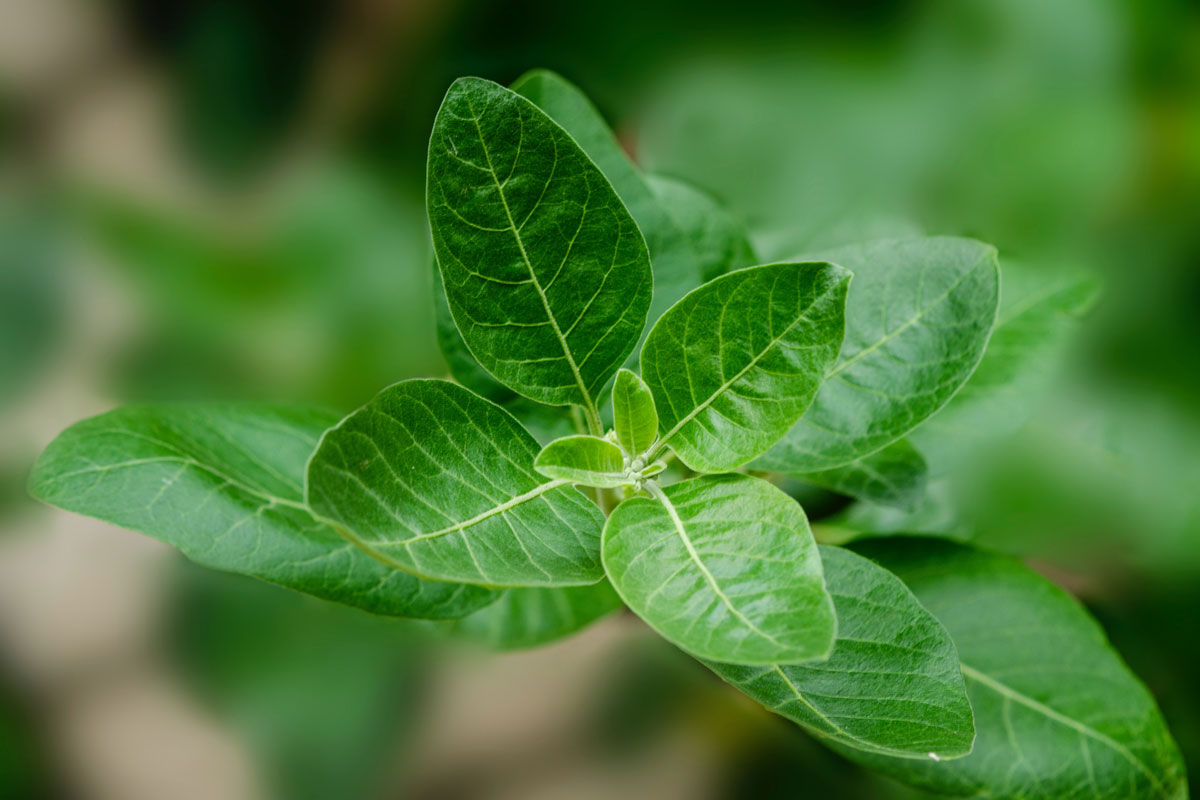
As I have spent more and more time with the Handbook of African Medicinal Plants, I have come to realize that there is a lot of missing information in Western herbalism about how to work with some of our most powerful plants. The information provided in this book is high quality, scientific, and well researched. As an herbalist, I always want to make sure I am using the most comprehensive information available to me, and Iwu’s book is one of the reference materials that I will come to again and again.
Working the Roots: Over 400 Years of Traditional African American Healing by Michele E. Lee
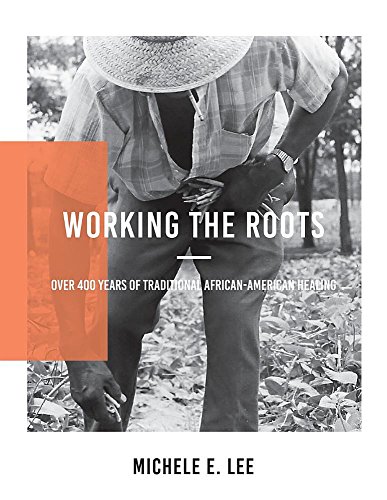
Michele E. Lee’s Working the Roots is a beautiful combination of Black stories and reference material. I will say that I am obsessed with this book and am grateful and humbled every time my eyes bless these pages.
Lee spends a good portion of her book sharing the stories of Black people and their traditional healing practices. At the beginning of Lee’s book, she talks about how important it was that she spent time recording and documenting these stories. She went into Black elders’ houses, spent time with them, and recorded their stories. Lee then transcribes these stories for us and is able to preserve this precious herbal knowledge so that we as readers can absorb the oral traditions of Black people in America.
When I first put my hands on her book, I had no idea that it was full of the stories of our ancestors. Being able to read these words, and run my hands over these pages, created such a sacred moment for me. I, unfortunately, didn’t grow up with a close connection to my elders. I wasn’t very close to my grandparents on my father’s side, and my grandparents on my mother’s side died before I got a chance to know them. When I was called to herbalism, I had no idea where it was coming from. To my knowledge, nobody was/is using herbs as a part of their wellness practice, so when I began to dive into Lee’s book I finally felt as if I had that elder connection. I felt as if I was on a porch in North Carolina snapping beans in the hot sun while my grandmother shared her herbal wisdom with me.
Herbalism largely starts as an oral tradition for many cultures, and if it’s never written down, that knowledge will be lost. Lee brilliantly captures these stories in such an intimate way that it makes you feel as if you’ve known these elders your whole life.
While the stories of Working the Roots might be my favorite part, Lee’s reference materials are top-notch. In part 2, Lee is able to break down how Black people have been using herbalism in their own lives. What I love about the beginning of this second section is that Lee includes herbal recipes that mimic recipes we are still using today. Herbal preparations such as fire cider and elderberry tea were used generations ago and are still relevant enough today for our daily use. As you move deeper into the book, you will be able to dig into the materia medica of the herbs that Black people commonly used to heal themselves and their communities. This section of Lee’s book is easy to read, and she often blesses her readers with even more recipes and uses for the herbs and veggies most commonly used.
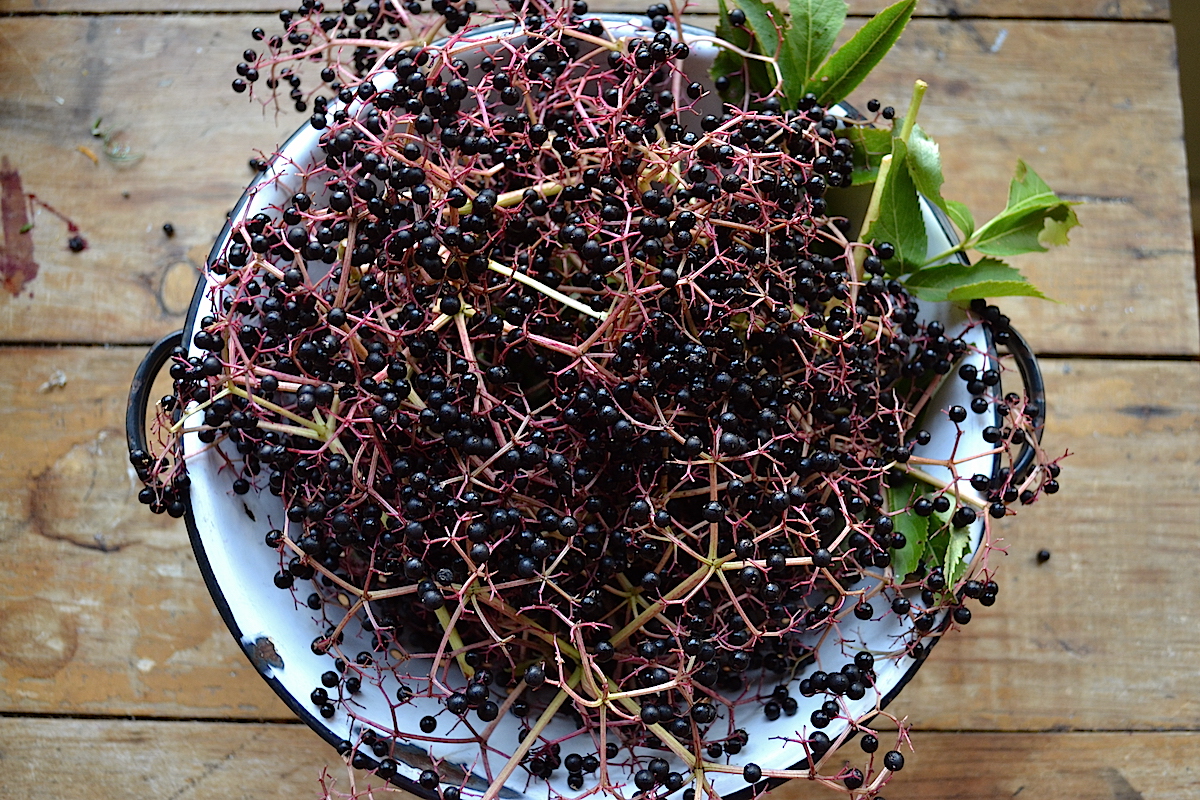
Working the Roots is a powerful herbal book for both Black and non-Black herbalists. After you get your hands on this book, try to slow down and take your time with it. Read these stories without distraction. Soak in the knowledge of the Elders. Their wisdom is powerful and runs through me and through the thread of Western herbalism that we know today.
In Closing,
As a Black herbalist, I have had to back up and reteach myself a lot of information that has been lost or erased from Western herbalism. While that is frustrating, I am thankful for this journey, and the authors who have set out to not only preserve our history but amplify our voices and help Black contributions to herbalism come to the forefront.
My hope through this new wave of the Black Lives Matter movement is that more and more Black contributions to herbalism will be integrated into mainstream herbal education. Until then, dig into African American Folk Healing, Handbook of African Medicinal Plants, and Working the Roots. Read books on Black herbalism from Black authors. Listen to Black herbalists, and center Black stories.
Check out the Herbal Academy’s Herbal Bookshelf for more herbalism books for every skill level!
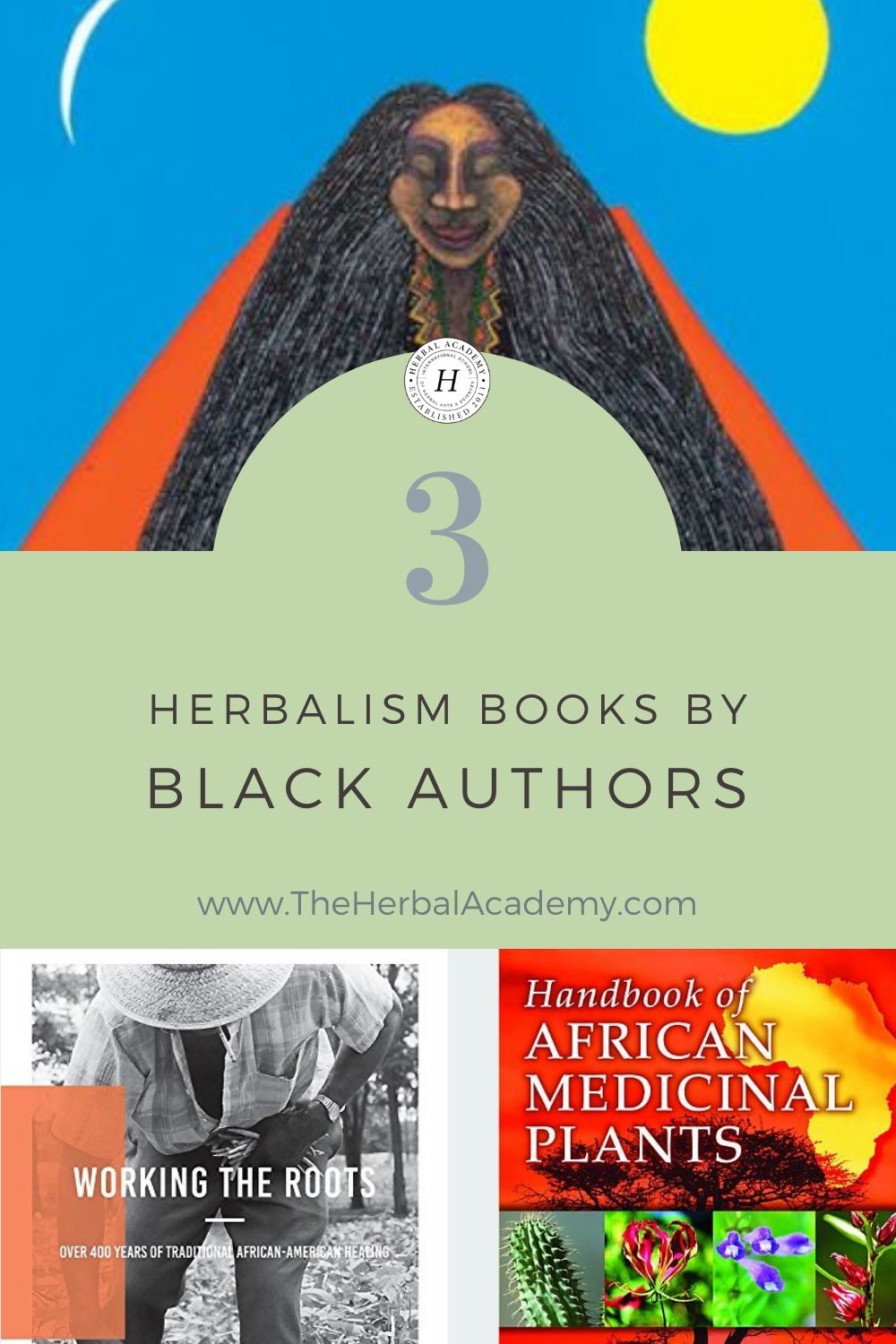
REFERENCES
Iwu, M. (2014). Handbook of African medicinal plants. Boca Raton, FL: CRC Press.
Lee, M. (2014). Working the roots: Over 400 years of traditional African American healing Wadastick Publishing.
Mitchem, S. (2017). African American folk healing. New York, NY: New York University Press.








